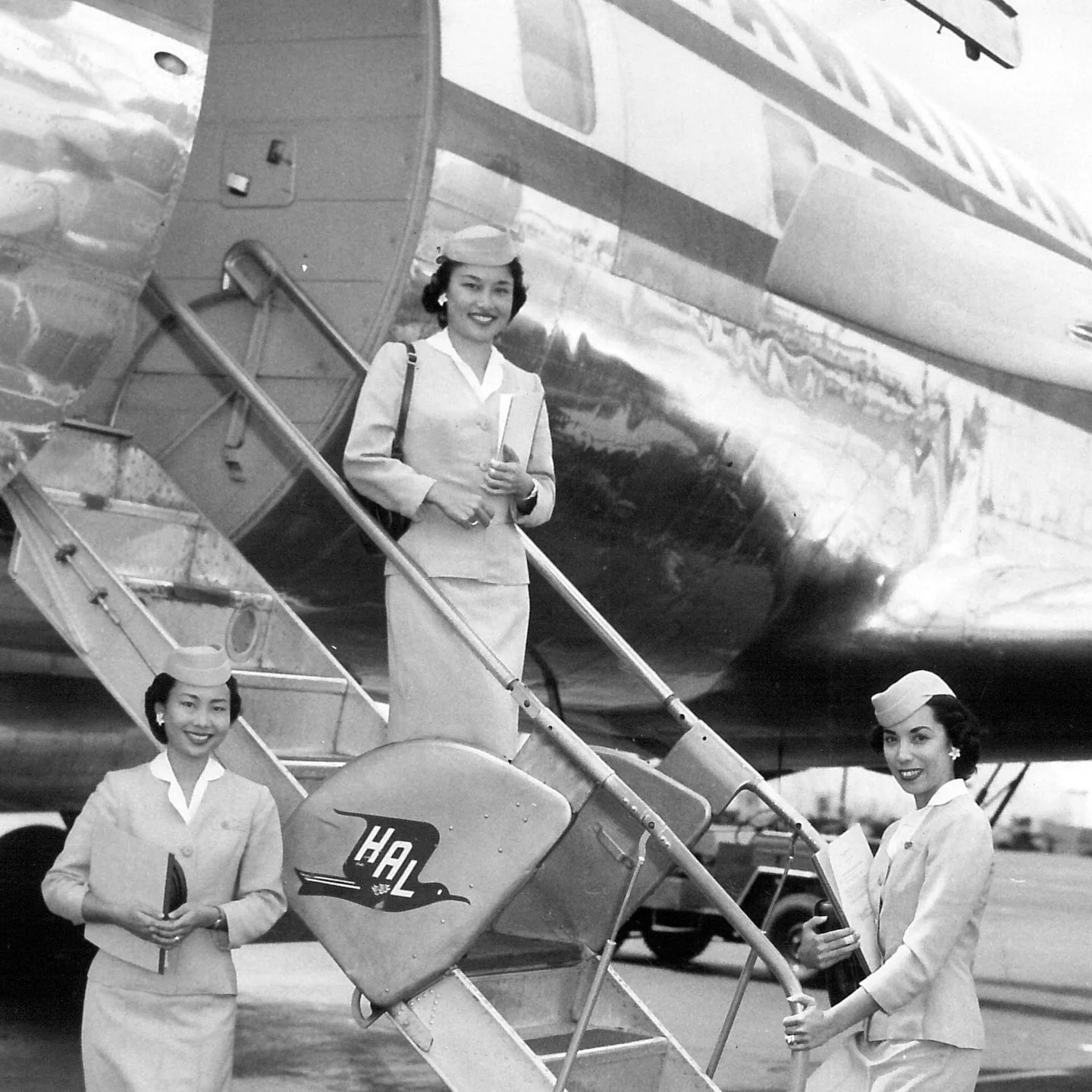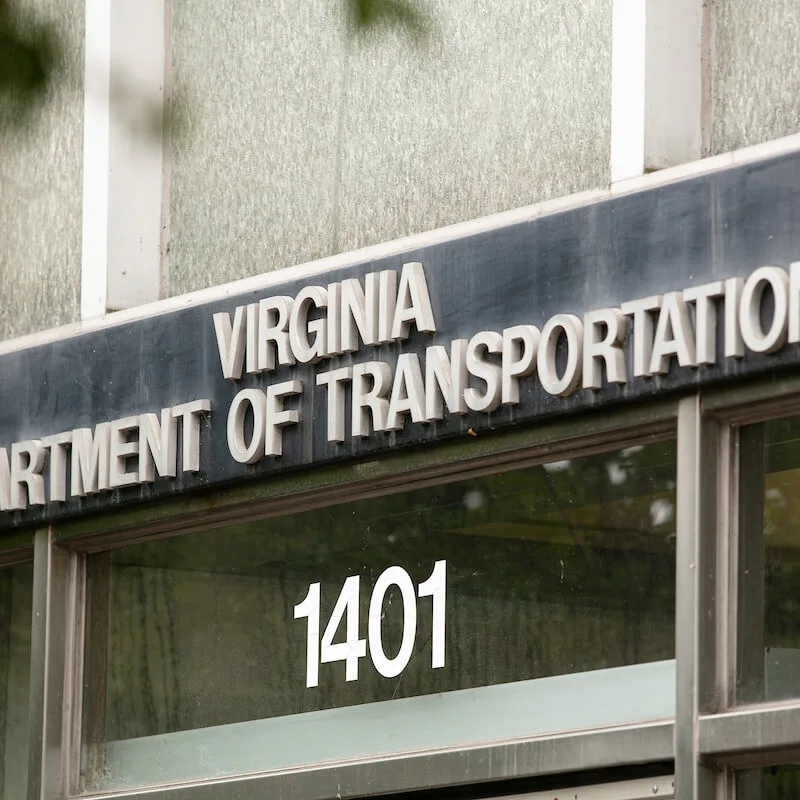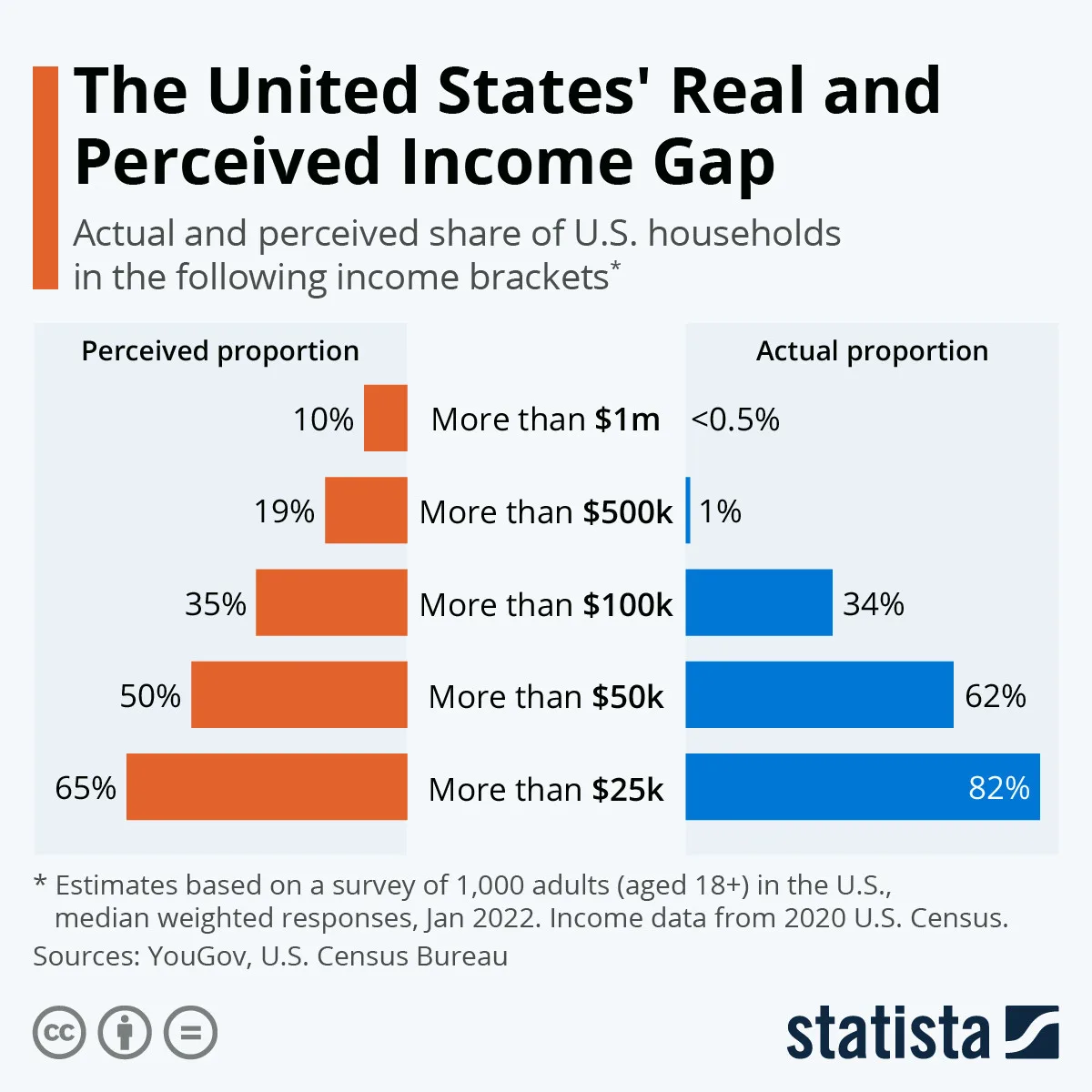In a significant shift within the airline industry, multiple US airlines are now mandating shared hotel accommodations for trainee flight attendants, aiming to cut costs amid a challenging economic landscape. This policy change has drawn both support and criticism from various stakeholders within the industry. While some see the move as a necessary financial strategy, others argue that it may negatively impact the well-being and training of new hires. A notable exception in this trend is Delta Air Lines, which has set a higher standard by providing private hotel accommodations for its trainee flight attendants. Delta’s approach not only prioritizes the comfort of its employees but also represents a commitment to cultivating a positive work environment. Key industry figures have weighed in on this topic, emphasizing the potential ramifications of such a policy shift across the aviation sector. “We must ensure that our training programs provide the best environment for learning and development,” remarked an industry expert, stressing the importance of training conditions. As airlines navigate the pressures of rising operational costs and labor shortages, the decision to mandate shared quarters stands to have a lasting impact on recruitment and retention in the industry. This development comes as airlines are increasingly focused on enhancing their training protocols and employee engagement efforts; however, how these changes will be received by prospective flight attendants remains an open question as the industry adapts to new realities.
US Airlines Mandate Shared Hotel Rooms for Trainee Flight Attendants: One Major Carrier Sets a Higher Standard











